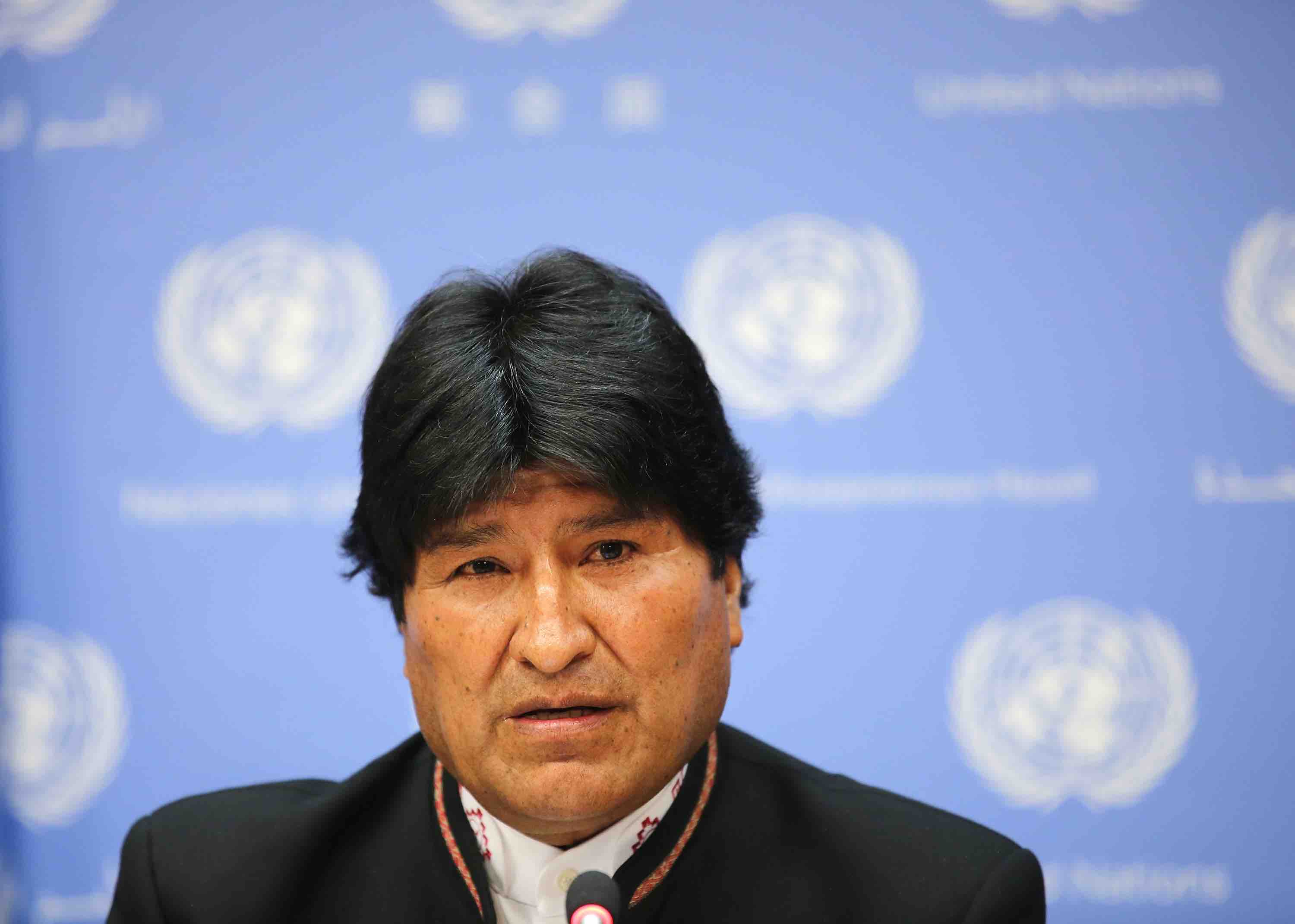On Monday, protests turned violent across Bolivia after a vote count showed President Evo Morales was close to avoiding a runoff in his bid for a fourth term.
Opponents have so far set ablaze regional offices of the electoral body in the southern cities of Sucre of Potosi and burned ballots from Sunday’s election. Throughout the South American country’s capital, La Paz, there have been reports of fights between the president’s supporters and objectors.
Tensions are high after Morales topped eight other candidates during Sunday’s presidential election. However, despite his lead, the president, who has been in power for 14 years, appeared to be a few points short of the percentage needed to avoid a runoff. Regardless, Morales claimed a victory, saying, “the people again imposed their will.” Later, Bolivia’s top electoral authority also stopped announcing new results.
At the time, Morales had 45.3% of the votes, compared to 38.2% for his closest competitor, former President Carlos Mesa. The following day, authorities resumed the vote count, but this time Morales led by 46.41% to Mesa’s 37.06%, with 95% of the votes counted.
Mesa, who bowed out as president in 2005 after mass protests led by Morales, took the moment to encourage his supporters “to conduct a battle in defense of the vote.”
“They can’t take away democracy from us,” he said at a gathering in Santa Cruz.
The U.S. State Department has also weighed in, accusing Bolivian authorities of trying to subvert the vote.
Michael G. Kozak, acting assistant secretary at the U.S. State Department’s Bureau of Western Hemisphere Affairs, said on Twitter that “the U.S. rejects the Electoral Tribunal’s attempts to subvert Bolivia’s democracy by delaying the vote count.”
The foreign ministries of Argentina, Brazil and Colombia have also shared concerns about the situation.
But Morales, the nation’s first Indigenous president, is beloved by many in the country. The 59-year-old Aymara from Bolivia’s highlands led the social movement that toppled Mesa’s presidency, replacing him in 2006. Since then, he has been behind the country’s growth, paving roads, sending the first satellite to space, curbing inflation and increasing rights and opportunities for Indigenous communities. He’s had two easy re-election wins and has been celebrated with schools, stadiums, markets and even villages named after him.
Despite his appeal, many, including his supporters, have grown concerned that he has been in office for too long. Over the summer, protesters demonstrated against his fourth bid for president. If re-elected, which is likely, his presidency would be two decades long.




